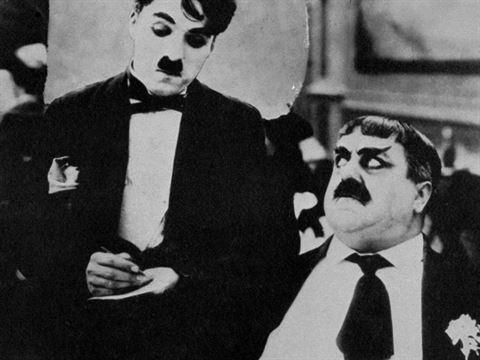We think... • April 2014
There’s a tipping point
The etiquette of tipping when abroad divides travellers. There are those who believe tipping in a country where it’s not customary creates a false economy; and those who want to reward someone who has gone above and beyond their line of service. We put the question to two intrepid writers. American journalist Christopher Elliott argues that we should be tipping, while Australian travel writer Ben Groundwater thinks it just makes things really awkward
To tip, Christopher Elliot
Next time you travel, consider leaving a tip for the person who helped carry your luggage, served your meal or found those impossible-to-get Broadway tickets.
You may not believe in tipping, and that’s OK. You don’t have to.
In a perfect world, restaurant staff would be paid a living wage and wouldn’t have to rely on gratuities to earn a living. In a perfect world, hotel concierges and bellmen would render their services without needing your 20 per cent.
Alas, we don’t live in a perfect world.
The sad fact is tips aren’t just the icing on the cake – Trinkgeld, as the Germans call it – in many countries, they’re relied on to pay rent and buy food. By staying in a hotel or dining in a restaurant, you’re participating in this shadow economy – whether you want to or not.
Tipping varies from culture to culture, but service staff generally judge you by your culture. So if you’re an American, they expect American-style tips, even if you’re abroad.
I say, don’t just tip, but overtip. Give more than you’re required to give.
I’ve heard of travellers tipping flight attendants for good service. As a scuba diving instructor years ago, I was handed a $100 bill by a grateful student after getting certified. I was shocked – and delighted. One friend offered a desk clerk at a luxury hotel a $50 gratuity when he checked in and asked if he had any larger rooms that might be available. He was upgraded to a suite at no extra charge, a favour worth thousands of dollars.
The change must come from inside, and it can only happen when the staff aren’t living from wage packet to wage packet. In the end, this isn’t about getting better service; a competent worker knows that. It’s about righting a wrong that has been allowed to continue for too long. Withhold your tips and you punish the wrong people.
Tip more, and you punish the right people.

Not to tip, Ben Groundwater
I could see the restaurant manager out of the corner of my eye as he approached the table of tourists.
“Was there are a problem with your meal tonight?” he enquired, just a little aggressively
One of the tourists shrugged. “No, not at all.”
“In that case,” the manager said, brandishing a couple of notes, “this tip is absolutely not acceptable.”
This was in New York, of course, a place where even the US’s outlandish tipping culture is taken to all new extremes. You might be able to get away with a 10 per cent tip in some parts of the States, and maybe 15 per cent is expected elsewhere. But in New York? Twenty per cent.
Twenty per cent of your bill. That’s a hefty chunk. That’s a significant extra to your meal. And if you don’t include it, you can expect a mouthful from the waiter or their manager.
This is the problem with the tipping culture for those who aren’t used to it: the uncertainty of it all. The unexpected nature. It’s confusing; it’s embarrassing. How much do you tip? When do you tip? How do you present the tip?
For travellers, it would be so much easier if the culture didn’t exist at all. Work it into the bill, for all I care. Quote higher prices for the food, and I won’t feel nearly as ripped off.
And that’s just the US. In countries where tipping isn’t expected, there’s no need to be shelling out extra money. It creates a false economy, and an expectation that all travellers will be as generous with their dough.
You’ll wind up with restaurant managers haranguing customers who don’t tip enough. And from what I’ve seen, no one wants that.